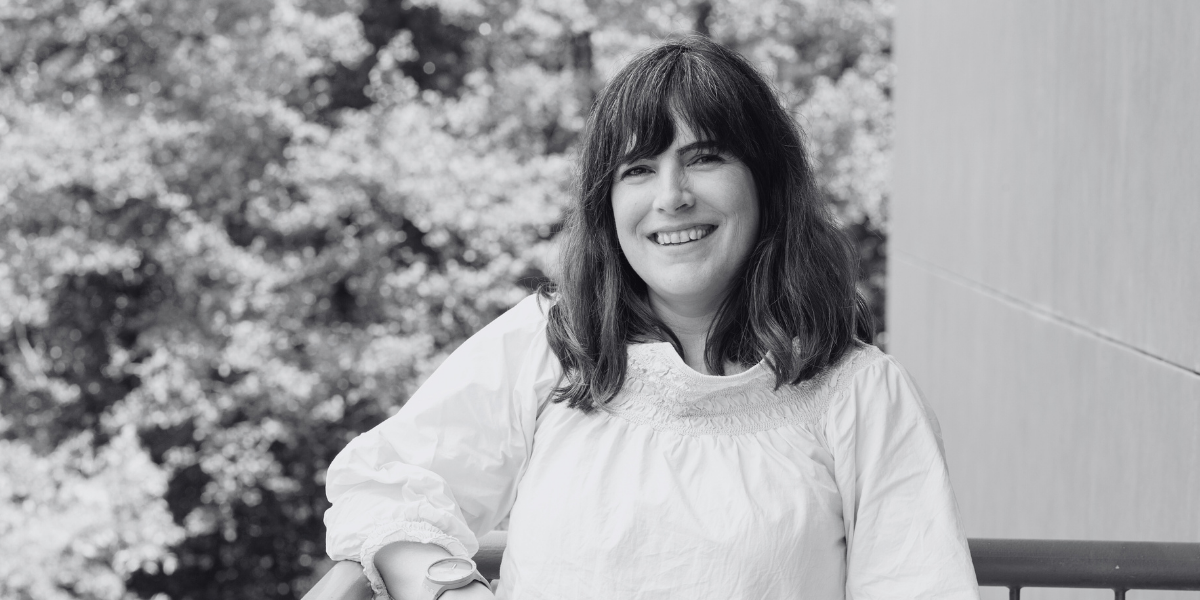This is an action-research project based on participatory methodologies, through which it is intended to help each person living in an IASS residence to develop a quality life, a chosen life, without leaving the community to which they belong and with the support and care they need.
Nerea Etxaniz

Researcher at Matia Institute. Psychologist (Universidad País Vasco, 1999). Specialist in Management and Direction of Social and Health Resources (UCM ,2000). Specialist in Psychosocial Intervention in Gerontology (Matia Fundazioa, 2003). Master in General Health Psychology (at present - UNIR, 2020).
I have been working at Matia Instituto since 2004. In recent years, I have focused my professional work on different areas related to research and implementation of Person-Centred Care Practices, both in the residential and home environment, on tasks such as accompanying and advising professionals, documentation of good practices, evaluation, development of participatory processes at community level, teaching and generation of training materials, within the regional, state and European framework.
Projects
There is evidence that most of us want to grow old at home. However, as we get older and require more support, the limitations of our context make it difficult to continue our life project.
Like many other cities, the urban centre of Fuenlabrada faces a number of challenges, including the deterioration of the housing stock, the closure of local businesses and an ageing rate above the city average.
Design a basic home care training curriculum for carers of older people with or without disabilities.
The Deba care ecosystem was born to transform the reality of the care systems in the town of Deba in a participatory and diverse way.
This project is a proposal for innovation that through training, accompaniment and research, aims to help older people living in IASS residences to develop their life project in spaces that ensure their dignity and rights, maintaining the meaning of their day to day life as they have done in thei
More and more people in Gipuzkoa are deciding to become volunteers and accompany those in need, contributing to their wellbeing.
Within Pasaia Herri Lab, together with the projects (AGASE, HAUSKOR, between Hurkoa and Adinkide and OK at home) and Pasaia City Council as promoter, Etxean Bizi is a fundamental piece in the generation of the necessary conditions, so that elderly people who need support and decide to continue li
Egiten ikasi aims to design and develop innovative and contrasted pedagogical resources, based on research and developed in co-creation processes, that favor the acquisition of attitudinal and instrumental competencies for care in the framework of ACP, to promote the advancement of this care appr
Intergenerational community development project funded by the Provincial Council of Gipuzkoa and implemented by Matia Institute and Adinkide, which seeks to work on the inclusion of people at risk of social exclusion involving different community agents in both the search for solutions and their
The EXTENSOR project addresses a relevant problem, musculoskeletal disorders are the first cause of sick leave and represent 45.8% of the cost of occupational diseases in the Basque Country.
QAVAD is a European Erasmus + project that, from the binomial accompaniment/care and training, seeks to promote the development or maintenance of cognitive, motor and social skills, essential for the quality of life of those people who require support and wish to remain in their homes.
This study, like its predecessor, "Comer a gusto, vivir con calidad", aims to increase the well-being, nutrition and hydration o
The practice "Eating well, living with quality" is part of a process of institutional change of the care model and is developed from a participatory action-research approach. It is part of a broader institutional project in which actions at the organizational, architectural, training, etc.
It is a social action program based on the training of social workers to improve the quality of life of dependent elderly people and people with functional diversity. The project focuses on combining "life projects" and "care projects", providing personalized support through holistic solutions.
